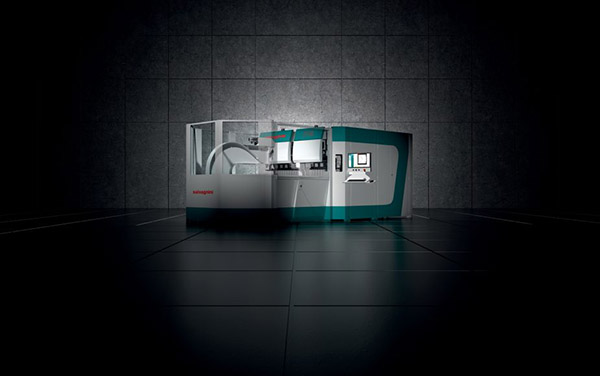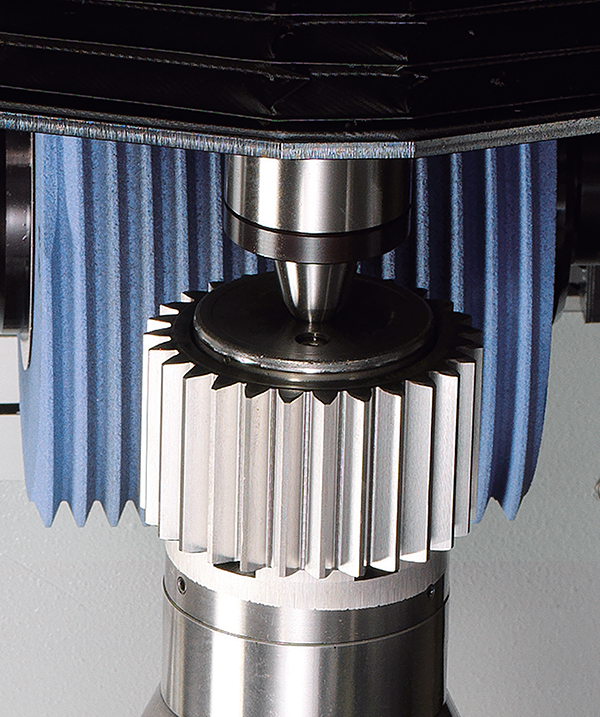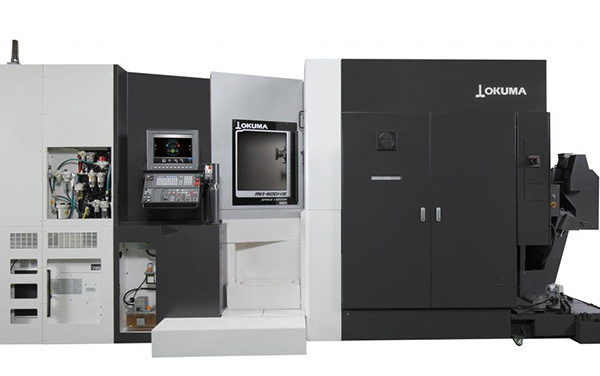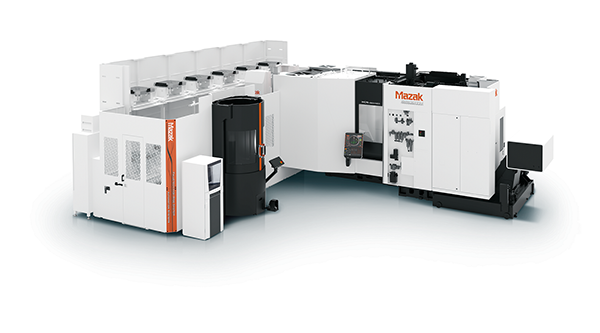
Kyocera (Stand F12/G11, Hall 2) is exhibiting various new cutting tools for industrial machining, including the MFH Boost for high-feed milling up to 2.5 mm maximum depth of cut, new PCD tools for the electric vehicle market and new aerospace solutions. In view of a rapidly changing world and new challenges, Kyocera is expanding its portfolio of tools with an even more economic and sustainable approach. Thanks to new coating technologies, users can prolong tool life, while newly developed hybrid substrates, like latest cermet grades, can reduce the usage of carbide.
For further information
www.kyocera.co.uk























